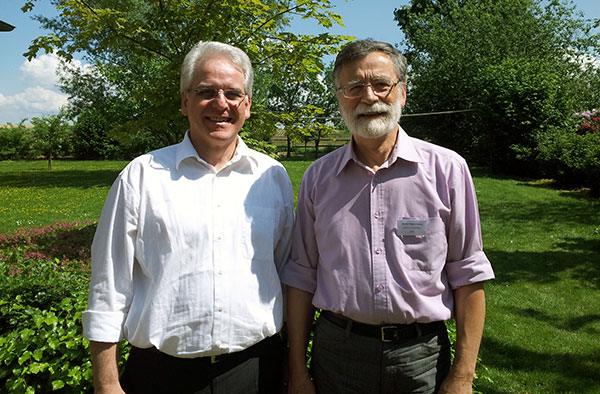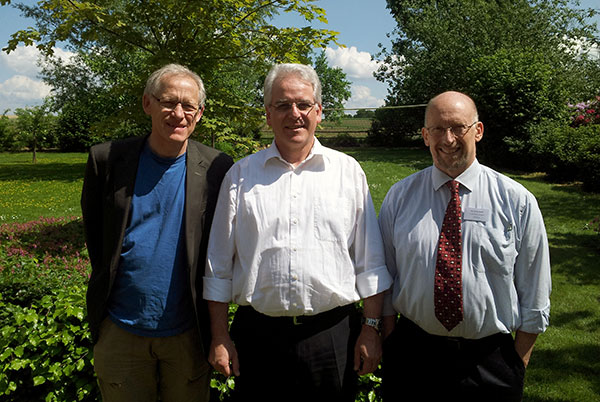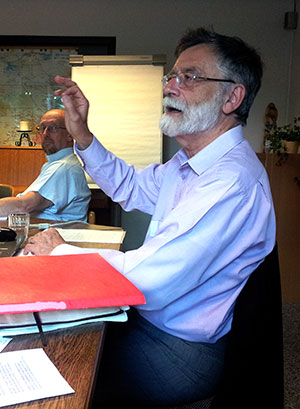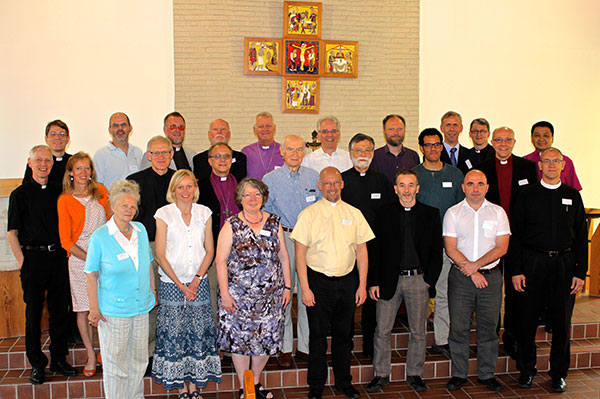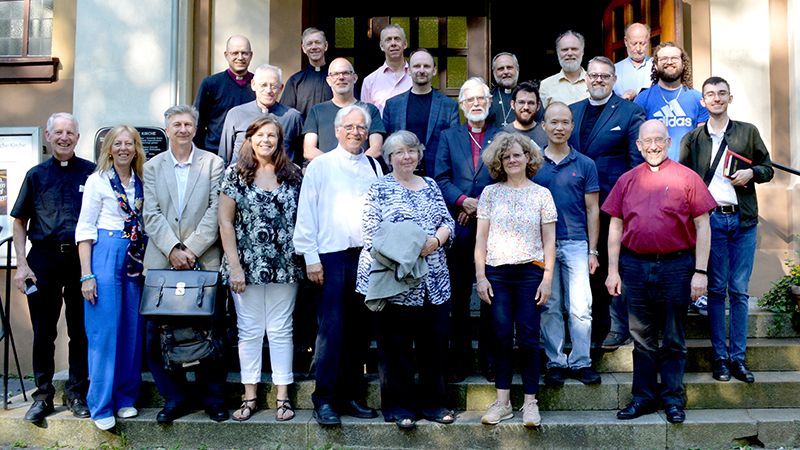
GERMANY – Delegates and guests from thirteen European countries, the United States, and Canada gathered from June 14-17 in Essen, Germany for the 27th European Lutheran Conference (ELC). The event took place just after a gathering of the International Lutheran Council’s (ILC) European Region in the same location.
This was the first in-person meeting of the ELC since the COVID-19 pandemic. The ELC normally meets every two years, and brings together clergy and laity from confessional Lutheran churches across Europe.
The theme for this year’s gathering was “Gender and Church: From a Theological, Legal, and Personal Perspective.” What might be a taboo subject for some Christians to talk about was boldly addressed by three keynote speakers and intensive discussions afterwards.
Prof. Dr. Christoph Barnbrock (Oberursel, Germany) presented his thoughts under the title: “Living as a Christian in a Rapidly Changing World: Reflections Based on the Example of the Gender Debate.” The second paper was given by the lawyer and notary Claudia Hüstebeck (Göttingen, Germany), discussing “Gender and Church” from a legal perspective. The third paper was a personal account by ILC Chairman Juhana Pohjola, Bishop of the Evangelical Lutheran Mission Diocese of Finland. Bishop Pohjola spoke about the legal trial he has faced in Finland as a result of the 2004 publication of a booklet on the topic of human sexuality.
While the European Lutheran Conference does not give guidelines about how churches should act, it nevertheless encourages member and guest churches to learn from the papers and discussions at its conferences. Individual churches must of course address these many theological and practical questions directly themselves. However, the discussions of the ELC’s 27th conference concluded that the blessing of same-sex partnerships or marriages is not possible, because they are contrary to the will of God. According to His Word, God has planned marriage to take place between man and woman, a relationship with the potential to be blessed with children.
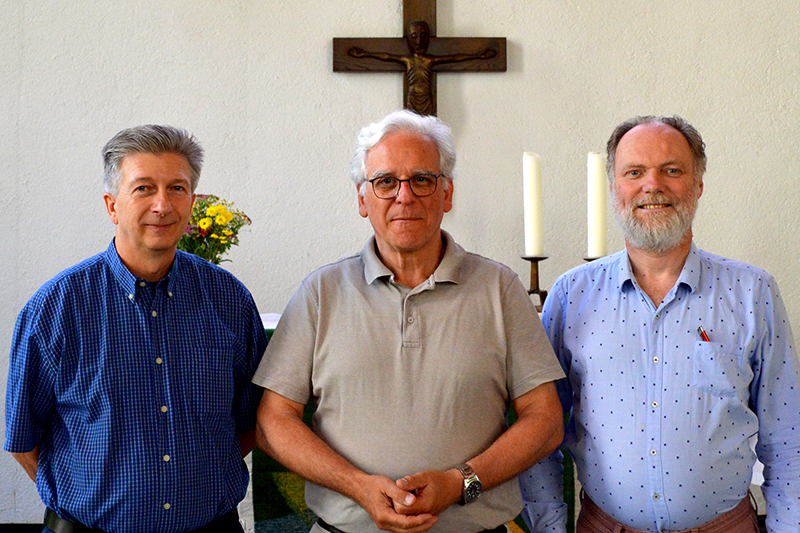
The next gathering of the ELC will be held in either Denmark, Portugal, or Norway, and will be organised by the new steering committee: Rev. Klaus Pahlen (Germany), who was reelected as ELC president; Rev. Philippe Volff (France), who was newly elected as Vice President; and Rev. Claudio Flor (United Kingdom), who was reelected as Secretary.
The European Lutheran Conference is an association of confessional evangelical Lutheran churches in Europe.
———————
From a report by the European Lutheran Conference


 The conference featured three keynote presentations: Rev. Sebastian Gruenbaum of Finland presented on “Living in My Generation: Hopes and Threats of Our Time in the Light of Christ’s Word;” Rev. Dr. Christian Neddens of Germany spoke on “Living with Hope in Daily Life: How the Christian Faith Shapes Our Actions and Witnessing to Our Generation;” and Rev. Dr. Asger Christian Hoejlund of Denmark lectured on “Hope as Drawn from Martin Luther’s Writings of 1520.”
The conference featured three keynote presentations: Rev. Sebastian Gruenbaum of Finland presented on “Living in My Generation: Hopes and Threats of Our Time in the Light of Christ’s Word;” Rev. Dr. Christian Neddens of Germany spoke on “Living with Hope in Daily Life: How the Christian Faith Shapes Our Actions and Witnessing to Our Generation;” and Rev. Dr. Asger Christian Hoejlund of Denmark lectured on “Hope as Drawn from Martin Luther’s Writings of 1520.”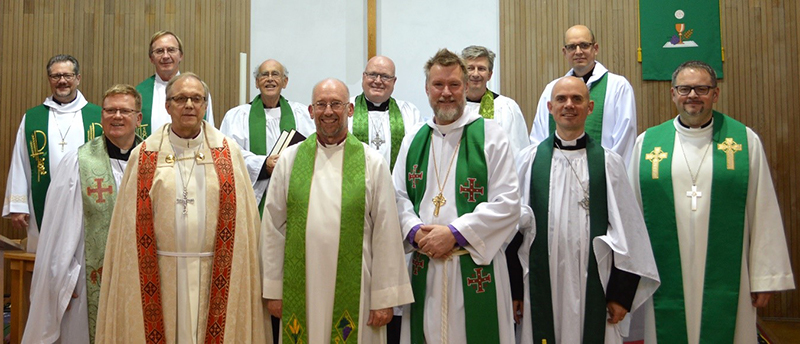
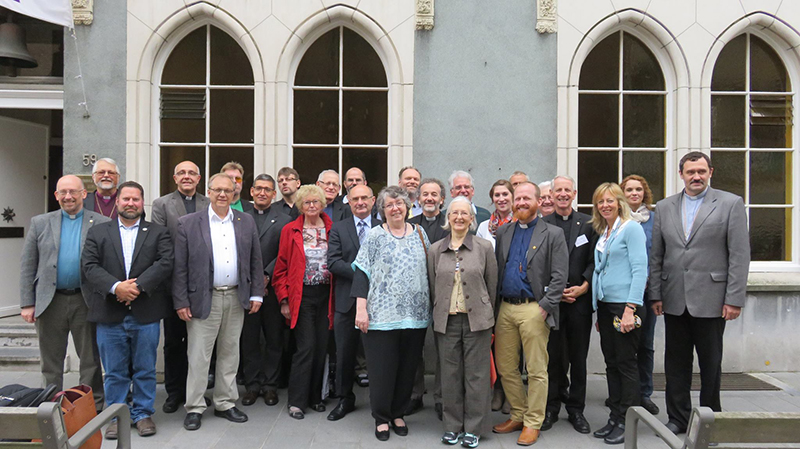
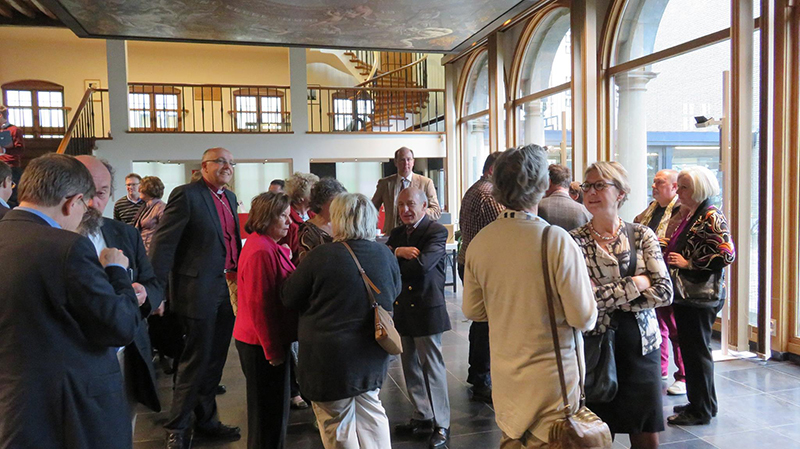
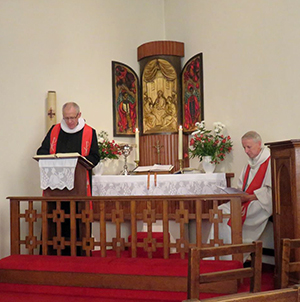

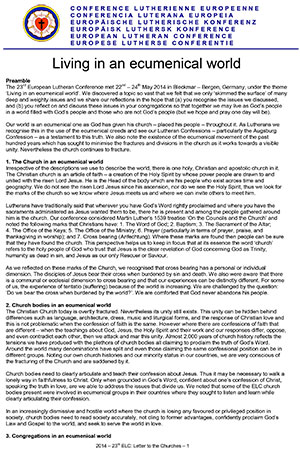 The document goes on to consider the issue from a broad perspective down to a narrow one. It begins by considering the place of the ‘holy, Christian, and apostolic Church’ in an ecumenical world, before considering the subject from the vantage point of church bodies, then congregations, and finally Christians.
The document goes on to consider the issue from a broad perspective down to a narrow one. It begins by considering the place of the ‘holy, Christian, and apostolic Church’ in an ecumenical world, before considering the subject from the vantage point of church bodies, then congregations, and finally Christians.